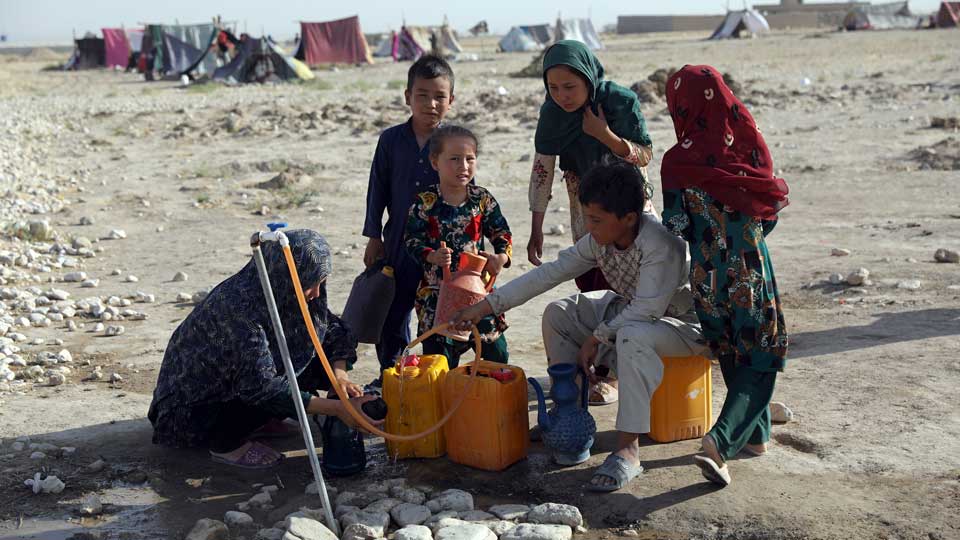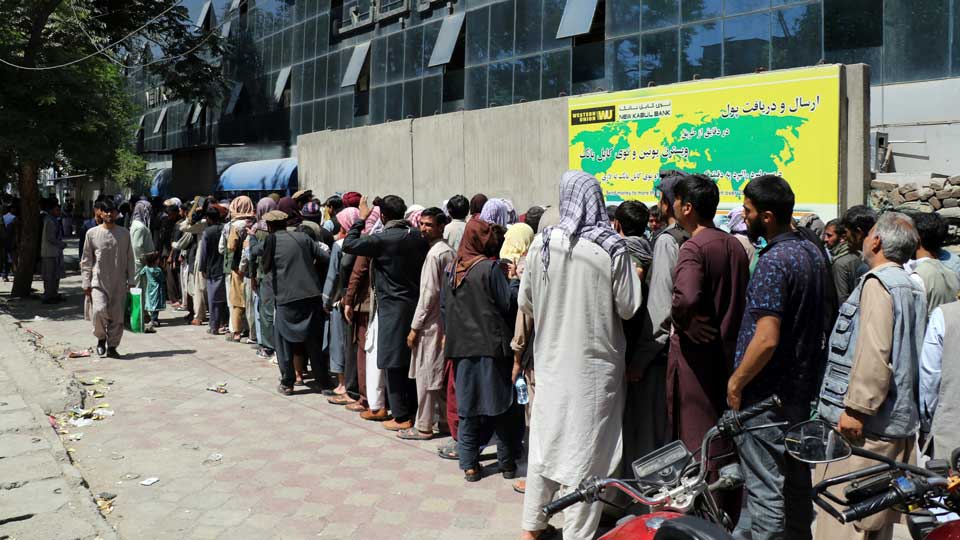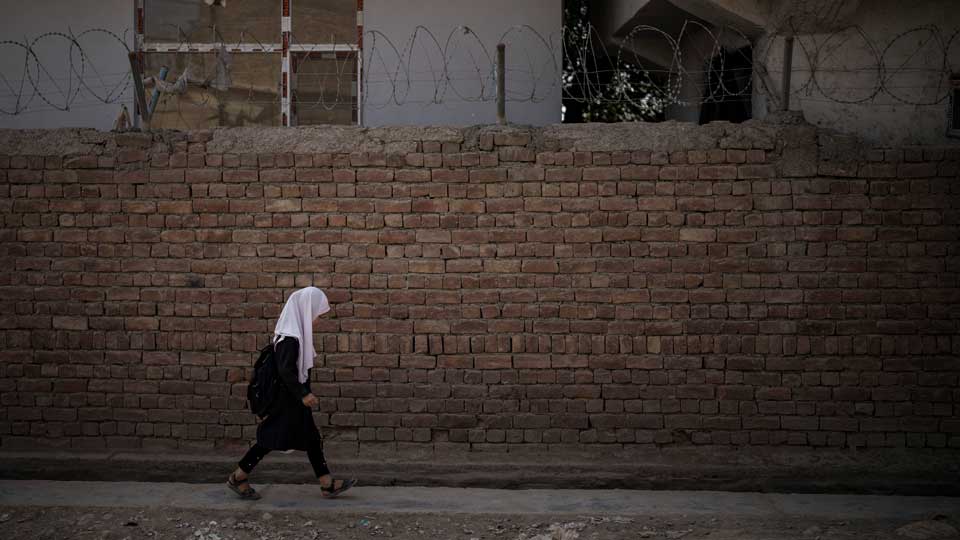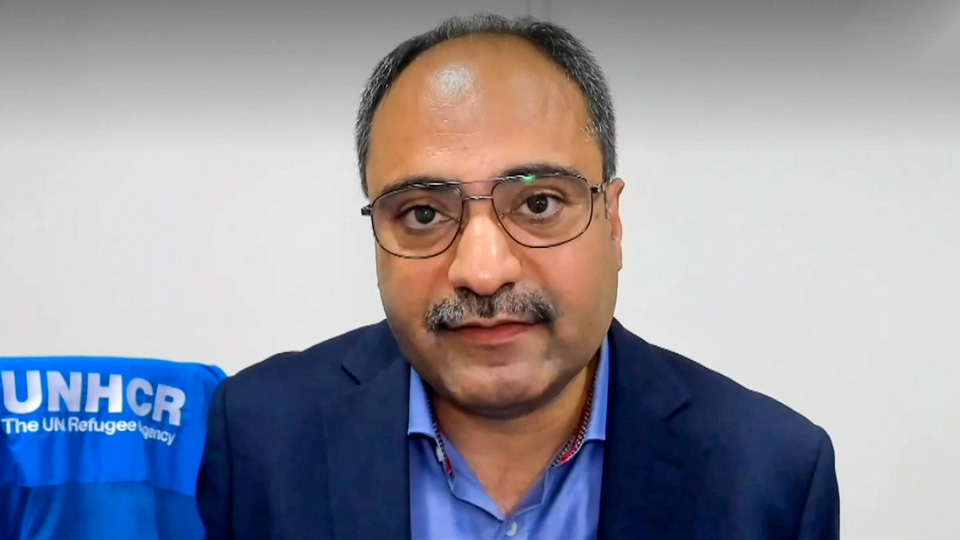"Please don't abandon us."
Ashraf (a pseudonym) says he has barely been able to sleep since the Taliban returned to power. The student visa that allows him to live in Japan expires next year, and he says returning home would be a death sentence. Before coming to Japan, he was working for the Afghan government and United States military. That angered the Taliban and he was already on its radar. Text messages he received at the time included: "You are supporting foreign countries, if we arrest you, our executioner will slaughter you," demanding that he stop.
Besides his future, Ashraf has family, including his parents, to worry about. His father was an Afghan military officer and is now in hiding at home. His mother leaves only to go shopping, always with a veil to ensure nobody recognizes her. They tried to flee after the government fell, making it as far as Kabul Airport. But they couldn't find a way out.
Ashraf says he constantly checks his smart phone to reassure himself that his relatives are safe. But he also worries about whether they have enough to eat.

Ashraf puts something aside for his relatives, including food for his wife and children, from the 150,000 yen-a-month scholarship that also covers his rent. But there is no way to send the money. Many bank branches in Afghanistan have closed, and even if they reopen, cash withdrawals are restricted. Financial institutions are running out of funds after the international community froze assets in response to the Taliban takeover.

Ashraf has asked Japan's Foreign Ministry to help find a way to get his family out of the country. He was told that was an impossible request.
"I lost all hope after getting that reply," he says. "We Afghans usually have too much pride to ask for help, but this is an emergency. Please don't abandon us."
Ashraf isn't the only one pleading for assistance. Yama (also a pseudonym) used to study in Japan but has returned to Afghanistan. He is asking the Japanese government to help get his family out.
He worries his academic background will attract the attention of the Taliban, and says armed men have been going door-to-door in his city, sometimes taking people away.
Yama is determined to escape, for the sake of his children.
"They're banned from enjoying their childhood," he says. "And I want to give them the chance of an education regardless of their gender. Right now, they're still allowed to attend school, but their motivation has vanished because they know the kind of future they'll have if we stay here."
He says he wants to move back to Japan because his children are already familiar with the culture and lifestyle.

Yama has reached out to his former university in Japan and is waiting for a reply. Even if they accept his request to return, getting the documentation necessary to travel is no easy matter. Some of his family's passports are approaching expiration date, and the local office that handles renewals is closed.
"We just want to live and raise our children in peace," he says.
Humanitarian crisis continues
The UN is warning of a worsening humanitarian crisis in Afghanistan. It estimates 634,000 people have been displaced this year, bringing the total to more than 3.5 million. The majority are vulnerable women and children.
Aid workers are ramping up operations as the harsh winter approaches.

"Many Afghans rely on international support," says Babar Baloch, global spokesperson with the UN's refugee agency. "If they come knocking, please step forward to support them. It's not the time to abandon them."

